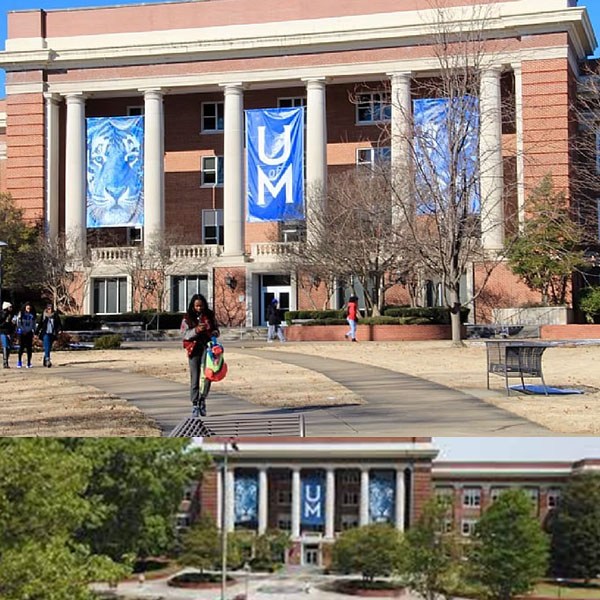A looming financial crisis that threatened the academic future of nearly 200 Ghanaian students at the University of Memphis has been temporarily averted following the receipt of a $1 million payment from the Government of Ghana.
The university confirmed the payment, describing it as a critical intervention that has prevented immediate eviction from on-campus housing and halted the risk of deportation for the affected students. However, officials stressed that the payment represents only a partial settlement of a much larger debt.
According to the University of Memphis, the Ghana Scholarship Secretariat (GSS) still owes a balance of $2.2 million, out of a total $3.6 million in unpaid tuition and related fees under the government’s sponsorship programme.
The crisis escalated earlier this month when the university issued an ultimatum, warning that Ghanaian students could lose their scholarships, housing, and legal residency status if fees were not settled by the August 9, 2025 deadline.
Speaking at a press briefing in Accra on Wednesday, July 30, 2025, GSS Registrar Alex Kwaku Asafo-Agyei acknowledged the payment delays but assured that no student would face deportation. He explained that the funds had to be cleared through the Controller and Accountant General’s Department and the Bank of Ghana before being transferred to the university.
University of Memphis President, Dr. Bill Hardgrave, had earlier linked the delays to Ghana’s political transition following the December 2024 elections.
The affected students are largely enrolled in science, engineering, and business programmes—disciplines considered critical to Ghana’s development.
Meanwhile, the University of Memphis has appealed for donations to its Gary Shorb International Student Support Fund to provide short-term relief to the stranded students.
This is not the first time Ghanaian students studying abroad have faced such difficulties. Similar reports of delayed scholarship payments and financial hardship have surfaced in the United Kingdom, Russia, China, and Eastern Europe, underscoring persistent challenges in managing Ghana’s foreign sponsorship commitments.
The incident has once again highlighted the urgent need for more efficient, transparent, and reliable financial systems to safeguard the education of Ghana’s sponsored students overseas.
credit: abc24 https://youtu.be/So2JhpEYWgg?si=bWqvATaphCyrYKEW





